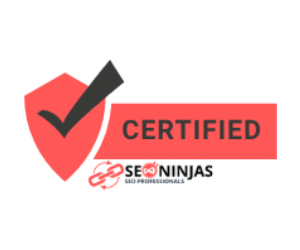Strategic marketing serves as the guiding force that aligns business objectives with actionable plans, ultimately driving sales and achieving organizational goals. It encompasses a holistic approach that integrates market analysis, customer insights, and competitive positioning to formulate effective strategies. Here’s a closer look at the importance of strategic marketing in achieving business objectives:
- Market Understanding and Segmentation: Strategic marketing begins with a thorough understanding of the market landscape and target audience. By conducting market research and segmentation analysis, businesses can identify key trends, customer preferences, and competitive forces. This insight enables them to tailor their marketing efforts to resonate with specific customer segments and capitalize on market opportunities.
- Brand Building and Differentiation: Strategic marketing plays a pivotal role in building and differentiating brands in the marketplace. Through strategic messaging, visual identity, and positioning strategies, businesses can carve out a distinct identity that resonates with consumers and sets them apart from competitors. Strong branding enhances brand visibility, credibility, and loyalty, ultimately driving sales and market share.
- Setting Clear Objectives and KPIs: Effective strategic marketing involves setting clear, measurable objectives and key performance indicators (KPIs) to track progress and success. Whether it’s increasing brand awareness, generating leads, or driving conversions, clearly defined goals provide direction and focus for marketing efforts. By regularly monitoring KPIs, businesses can evaluate the effectiveness of their strategies and make data-driven adjustments as needed.
- Integrated Marketing Communications: Strategic marketing integrates various communication channels and tactics to deliver cohesive and impactful messaging to target audiences. From traditional advertising and public relations to digital marketing and content creation, a well-coordinated marketing mix ensures consistent brand messaging across all touchpoints. Integrated marketing communications maximize reach and engagement, driving brand awareness and customer acquisition.
- Driving Sales and Revenue Growth: Ultimately, the goal of strategic marketing is to drive sales and revenue growth for the business. By aligning marketing initiatives with sales objectives and customer needs, businesses can attract, convert, and retain customers effectively. Strategic marketing tactics such as lead generation campaigns, promotional offers, and customer retention programs contribute to driving sales and achieving business objectives.
In conclusion, strategic marketing serves as a critical driver of business success by aligning marketing efforts with overarching business objectives. By understanding the market, building strong brands, setting clear objectives, integrating communication channels, and driving sales growth, strategic marketing lays the foundation for sustainable growth and competitive advantage in today’s dynamic marketplace.





